Publications
Articles, publications, books, tools and multimedia features from the U.S. Institute of Peace provide the latest news, analysis, research findings, practitioner guides and reports, all related to the conflict zones and issues that are at the center of the Institute’s work to prevent and reduce violent conflict.
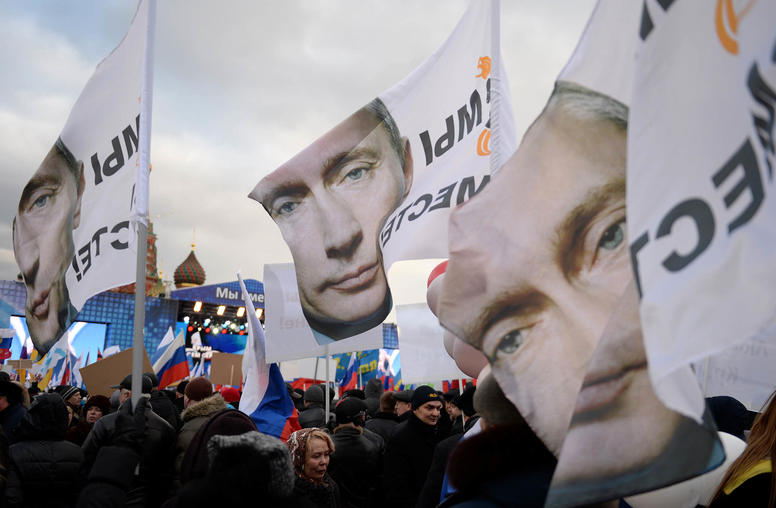
Regime Preservation is Putin’s Primary Concern
Russian President Vladimir Putin and the Russian leadership are not irrational. Their primary goal is regime survival. To date, the Russian military’s poor performance in Ukraine does not present an existential threat to the Putin regime. Neither the Russian military’s failure to decisively defeat the Ukrainian military nor a Ukrainian victory that leads to complete expulsion of Russian forces from Ukrainian territory are likely to topple it.
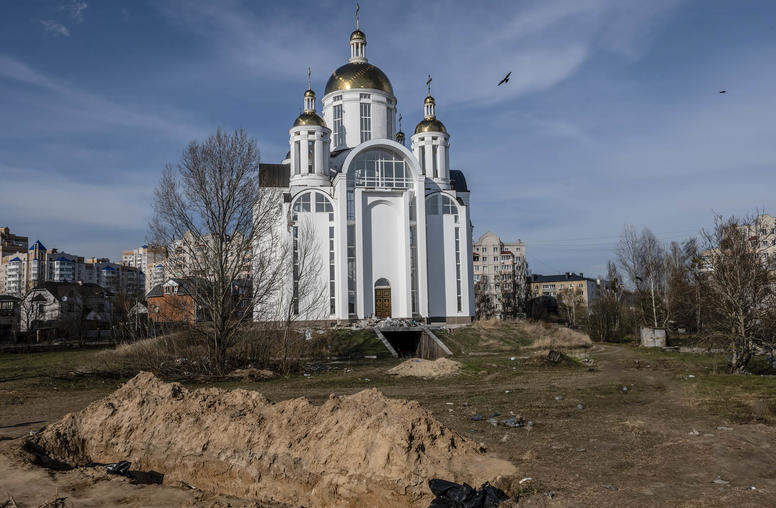
Is Russia Committing Genocide in Ukraine?
Russian troops forced to beat a hasty retreat in Ukraine are leaving behind evidence of war crimes and crimes against humanity. As this body of evidence grows, officials and experts are becoming increasingly convinced that Russia is committing genocide against the Ukrainian people.
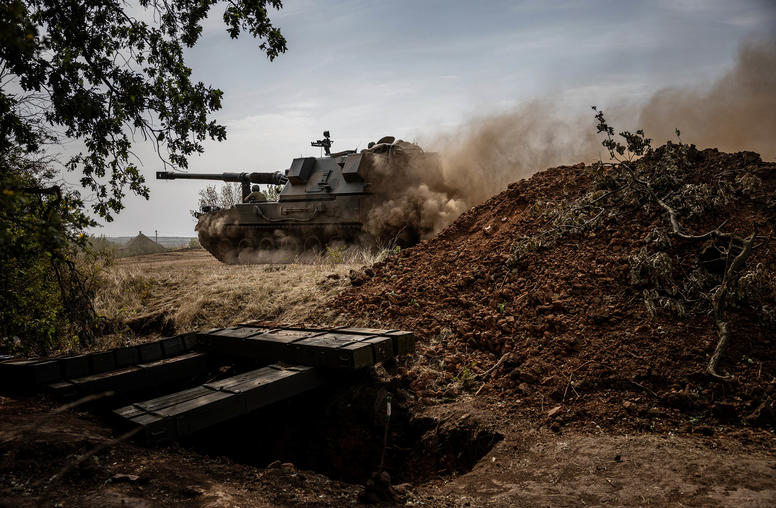
How Ukraine’s Counteroffensives Managed to Break the War’s Stalemate
In recent weeks, two Ukrainian counteroffensives — one in the south near Kherson and another in the east near Kharkiv — have pushed back Russian forces after months of grueling deadlock across the front lines. The eastern Kharkiv attack has been particularly successful, as Ukrainian forces continue to reclaim vast swaths of territory from a seemingly stunned Russian military. USIP’s Mary Glantz examines the resilience of Ukrainian forces thus far, how Ukraine managed to catch the Russian military off-guard outside Kharkiv and Russia’s reaction to what may be a major inflection point in the ongoing conflict.
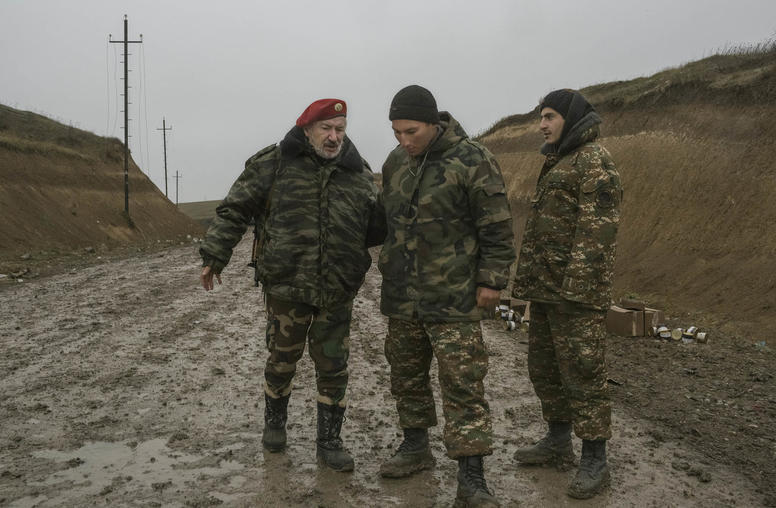
Amid Ukraine War, Armenia and Azerbaijan Fighting Risks Broader Conflict
Armenia and Azerbaijan reported nearly 100 combined deaths Tuesday, in the latest flare-up of violence between the two South Caucasus countries. For decades, tensions have simmered over the disputed Nagorno-Karabakh region, which is controlled by ethnic Armenians and claims independence but is internationally recognized as Azerbaijan’s territory. There are fears that these tensions could boil over into a larger conflagration, like the 2020 Armenia-Azerbaijan war that resulted in over 1,000 casualties. In 2020, Russian President Vladimir Putin negotiated a cease-fire to end the fighting. Today, with Russia bogged down in Ukraine, it is unclear if the Russian leader will be able to achieve a similar result, as regional stability hangs in the balance.
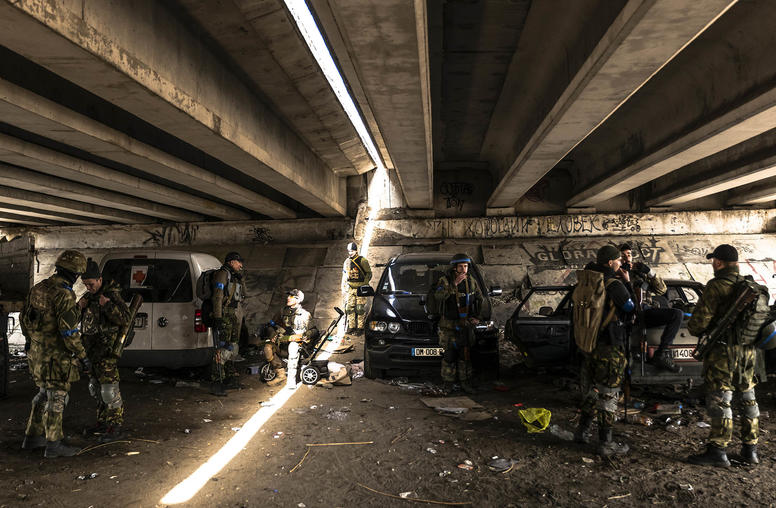
Central Asia’s New Foreign Fighters Problem: The Russia-Ukraine War
Since the start of the current conflict in Ukraine, there have been growing glimpses coming through media reports, social media feeds and personal networks of Central Asian mercenaries and volunteers fighting on both sides of the Russia-Ukraine war. But the emergence of this new foreign fighter phenomenon — less than a decade after thousands of Central Asians joined ISIS in Iraq and Syria — is raising increasing concerns and important questions for Central Asian security. Unlike the phenomenon of Central Asians fighting in Iraq and Syria, the cleavages in Ukraine are much closer to home and echo those in Central Asian society, which makes this mobilization much more divisive internally.
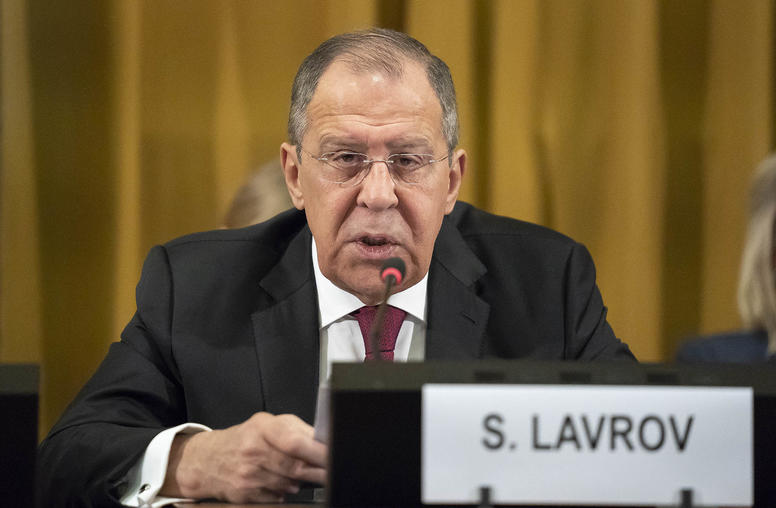
Amid War in Ukraine, Russia’s Lavrov Goes on Diplomatic Offensive
As Russia’s unprovoked and illegal war against Ukraine enters its seventh month, the Russian government continues its diplomatic offensive to prevent more countries from joining international condemnation and sanctions for its military aggression. Between July and August, Russia’s Foreign Minister Sergey Lavrov traveled to Egypt, Ethiopia, Uganda, the Republic of Congo, Myanmar and Cambodia — the last as part of the Association of Southeast Asian Nations (ASEAN) Foreign Ministers’ Meeting. This tour represented an evolving reorientation of Russian foreign policy from Europe to the Global South that has accelerated since Russia’s first invasion of Ukraine in 2014.
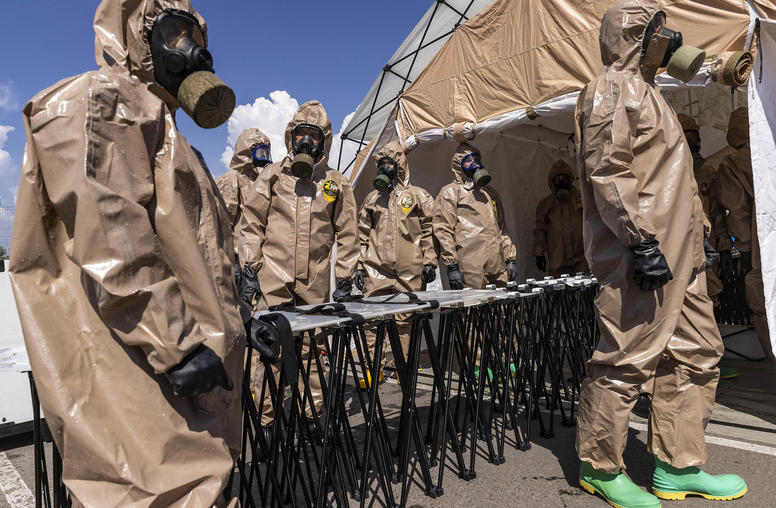
Russia’s New Nuclear Threat: Power Plants as Weapons
Russia’s invasion of Ukraine and occupation of Europe’s largest nuclear power station have triggered the first real-world case of a crisis that security scholars have feared for decades: a threat of radiological disaster from a wartime incursion on an operating nuclear power plant. Russia effectively is using the plant at Zaporizhzhia as a pre-positioned nuclear weapon to threaten and intimidate not only Ukrainians but millions of Europeans across a dozen countries. This is undermining global security institutions in which all countries have a stake, and Russia must join the international community in treating nuclear power plants as demilitarized zones.
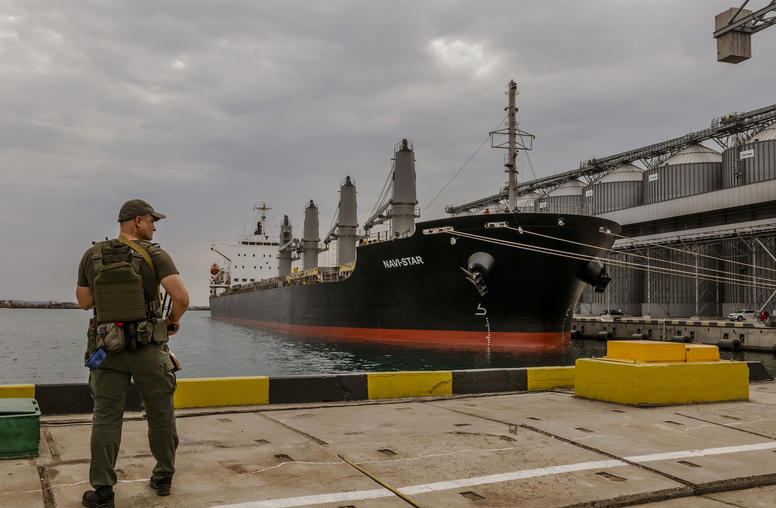
A Fragile Ukraine Grain Deal Raises Cautions on Talks with Putin
This week’s first exports of Ukrainian grain under a deal brokered by the United Nations and Turkey are a joyous headline for Ukraine and the many countries where the global surge in grain prices has caused food shortages. The deal could reduce prices if shipments accelerate, but it is vulnerable, as Russia signaled days ago by slamming missiles into Ukraine’s biggest seaport hours after formally agreeing to let that port ship its grain stocks. This fragile deal offers cautions for policymakers pondering eventual negotiations with Moscow to help end the Ukraine war and rebuild security in Europe.

Ambassador William Taylor on the State of Russia’s War with Ukraine
As fighting intensifies in eastern Ukraine, USIP’s Ambassador William Taylor says the war is now “a race … between the Ukrainians trying to get new weapons coming from the United States and other NATO nations while the Russians try to move through the eastern part of the country.”
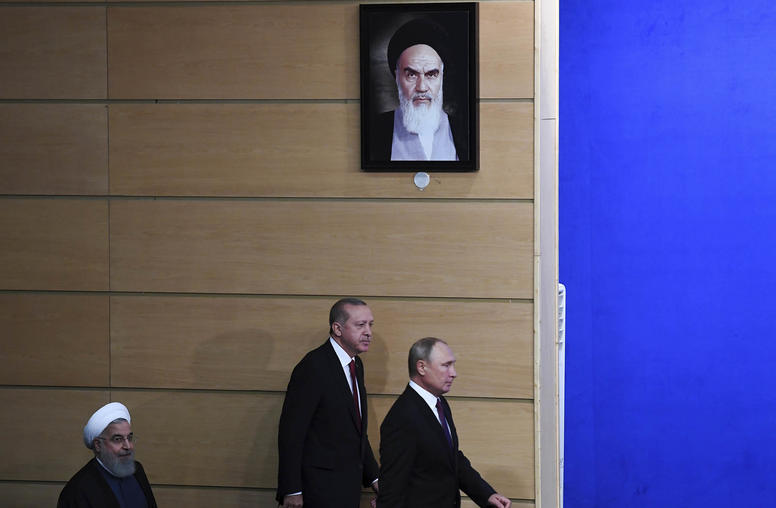
Putin and Erdogan in Iran to Discuss Syria’s Future, Ukraine War
The leaders of Russia, Turkey and Iran are gathering in Tehran, with Ankara’s threat of a new incursion into northern Syria likely to top the agenda. While Turkish President Recep Tayyip Erdogan has both domestic and strategic reasons for the move, Russian President Vladimir Putin and Iranian President Ebrahim Raisi want to maintain the status quo in Syria, where both their countries have expended significant resources to prop up the Assad regime. Russia’s war on Ukraine will also feature prominently at the trilateral summit. Iran has offered to provide Moscow with drones and Putin and Erdogan are reportedly set to discuss restarting Ukrainian grain exports in the Black Sea.